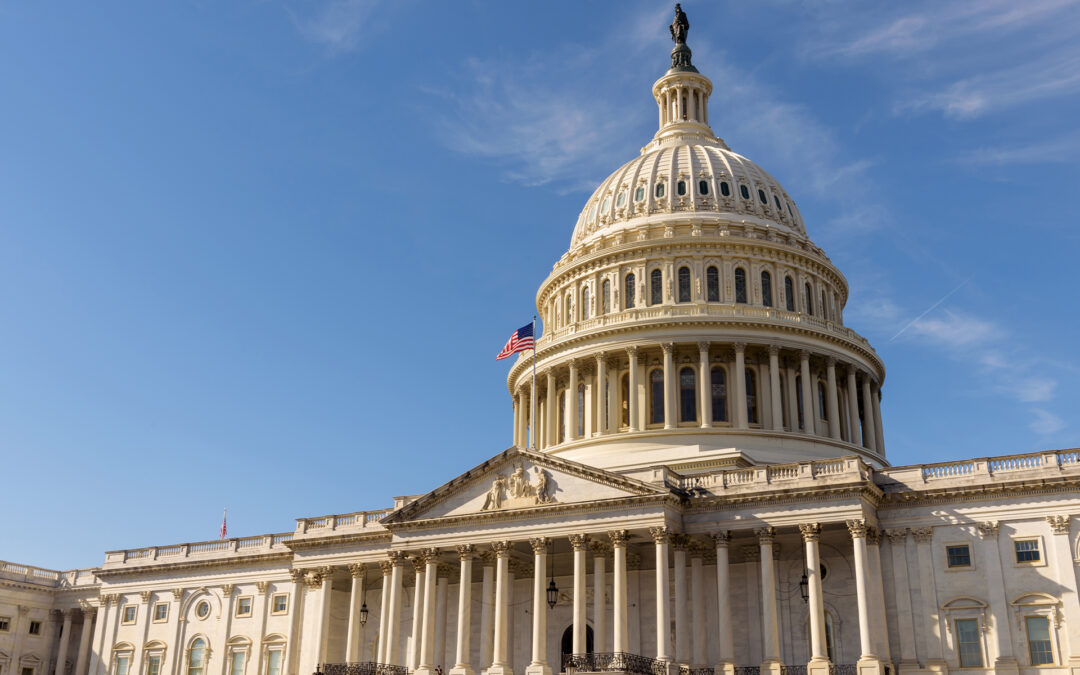Retail sales continued growing in November, according to the National Retail Federation, putting the 2021 holiday season on a home stretch for record spending despite inflation, supply chain disruptions and COVID-19.
NRF cited United States Census Bureau today figures in declaring that overall retail sales in November gained 0.3% seasonally adjusted from October and 18.2% year-over-year. That compares with advances of 1.8% month-over-month and 16.3% year-over-year in October. Despite occasional month-over-month declines, retail sales have grown year-over-year every month since June 2020, NRF reported.
In NRF’s calculation of retail sales, which excludes automobile dealers, gasoline stations and restaurants to focus on core retail, November was level with October but up 14.8% unadjusted year-over-year. That compares with increases of 1.8% month-over-month and 10.6% year-over-year in October. NRF’s numbers increased 12.1% unadjusted year-over-year on a three-month moving average.
NRF expects that 2021 holiday sales during the November/December holiday season could gain as much as 11.5% over 2020, exceeding NRF’s earlier forecast of between 8.5% and 10.5% growth. Even at the low end of the range, both the amount spent and the growth rate would set records, NRF asserted.
For the first 11 months of the year, sales as calculated by NRF increased 14.2% over the same period in 2020. That is consistent with the organization’s forecast that retail sales for the full year should grow between 10.5% and 13.5% versus 2020 to between $4.44 trillion and $4.56 trillion.
November sales advanced in all but three retail categories, as defined by the Census Bureau, on a monthly basis and were up across the board year-over-year, led by increases at clothing, sporting goods and furniture stores.
By category, the results were:
- Clothing and clothing accessory stores were up 0.5% month-over-month seasonally adjusted and 35.3% unadjusted year-over-year.
- Sporting goods stores were up 1.3% month-over-month seasonally adjusted and 22.1% unadjusted year-over-year.
- Furniture and home furnishings stores were unchanged month-over-month seasonally adjusted but up 18.6% unadjusted year-over-year.
- Electronics and appliance stores slipped 4.6% month-over-month seasonally adjusted but gained 17.7% unadjusted year-over-year.
- Online and other non-store sales were unchanged month-over-month seasonally adjusted but up 15.1% unadjusted year-over-year.
- General merchandise stores slipped 1.2% month-over-month seasonally adjusted but gained 14.2% unadjusted year-over-year.
- Building materials and garden supply stores were up 0.7% month-over-month seasonally adjusted and 12.2% unadjusted year-over-year.
- Health and personal care stores slipped 0.6% month-over-month seasonally adjusted but gained 9.1% unadjusted year-over-year.
- Grocery and beverage stores were up 1.3% month-over-month seasonally adjusted and 8.8% unadjusted year-over-year.
“Despite economic headwinds, November retail sales data confirms that consumers continue to spend, as demonstrated by a 14% increase in sales year-over-year,” NRF president and CEO Matthew Shay said in announcing the November sales. “We expect demand will remain strong through December, even though consumers started holiday shopping earlier than ever this year. Despite the rise of the omicron variant, increased vaccination rates combined with retailers’ ongoing safety protocols and procedures have resulted in consumers who feel they can continue to shop safely and conveniently. We believe that holiday sales this year could grow as much as 11.5% over 2020.”
NRF chief economist Jack Kleinhenz added, “Consumers continued spending in November, building on momentum from strong early holiday shopping in October and setting the stage for a bright holiday season. Consumers’ financial condition remains healthy and neither stubborn inflation nor COVID-19 appear to have derailed holiday spending despite both being top of mind. Recent labor market progress has helped propel incredibly strong demand, and most shoppers have the income and savings to absorb higher prices driven by the pandemic and supply chain disruptions. While seasonally adjusted numbers may make the results look modest, seasonal patterns have been significantly disrupted by the pandemic and unadjusted data shows November’s sales as calculated by NRF were actually the highest on record.”





